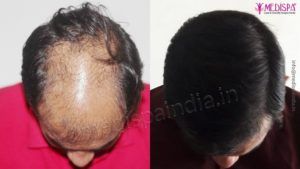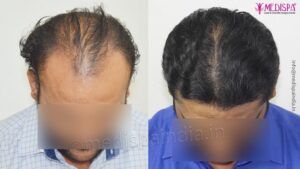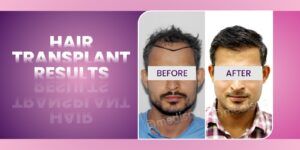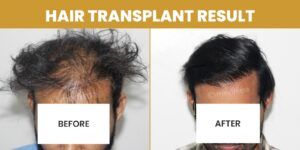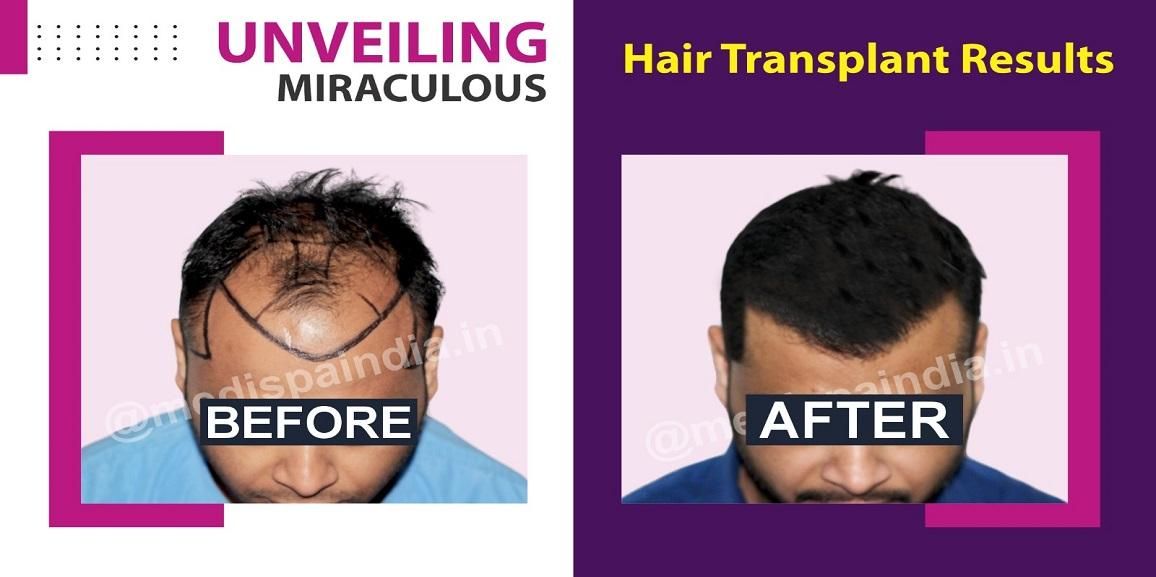
One of the most well-known names among hair transplant clinics in Delhi and Jaipur is Medispa. We give the best hair transplant therapy by providing high-quality hair transplant services and first-rate facilities. For your full hair loss treatment, our professionals offer you sincere recommendations and the best treatment plan that is specifically made for you. For the best hair transplant, we employ cutting-edge technology and modern techniques.
One of the top hair transplant surgeons in the world is Dr. Suneet Soni. He is well-known for his astounding surgical prowess and extraordinarily realistic-looking outcomes.
We are dedicated to giving you a hair transplant that is both of the highest calibre and reasonably priced.
Make an appointment at the Medispa clinic in Delhi and Jaipur right now.
Cosmetic procedures are known to be quite expensive. The most commonly recommended procedure for treating hair loss is hair transplant surgery. This surgical process, known as a hair transplant, involves selecting donor hair from your own body, extracting the hair roots, and then transplanting them into the desired bald area. It is a restorative technique that aims to conceal the bald spot by moving your own hair roots from one area to another.
In India, the state of West Bengal has Kolkata as its capital. Kolkata is famous for its delicious confections and its captivating glimpse into old India. Like any other major city, hair loss is a common issue in Kolkata. Due to the widespread awareness of the benefits of this hair loss treatment, the hair transplant in Kolkata has become very popular.
The hair transplant cost in Kolkata is reasonably priced. However, unlike Delhi and Jaipur, Kolkata is not widely recognized as a top tourist destination for hair transplants. The best hair transplant industry is known to exist in Delhi and Jaipur, where a few renowned clinics offer top-notch hair transplant services.
Side effects and their care tips
The hair transplant procedures are minimally invasive surgeries that do not result in any form of postoperative complications. However, there may be a few short-term side effects that occur after the procedure, but they typically resolve on their own within a few days. By strictly following the instructions provided by your doctor, these complications can be avoided.
- Swelling is a common occurrence after a hair transplant, primarily affecting the forehead and potentially extending to the eyebrows. Fortunately, it usually subsides within a few days with minimal intervention. To aid in the reduction of swelling, it is recommended to keep your head elevated at a 45-degree angle while sleeping. Wearing a headband for at least two hours a day for two days is also advised.
- Itching is another common side effect that may persist for a few days following a hair transplant. Regularly cleaning the scalp and applying the prescribed lotion as directed by your doctor can help alleviate this discomfort.
- Mild pain may be experienced after the hair transplant procedure, but it is typically manageable. If you wish to alleviate the pain, you can take painkillers as instructed by your hair transplant doctor.
- While scalp pimples may cause concern for some patients, they are actually a positive sign indicating the initiation of the hair growth cycle. Therefore, there is no need for any specific treatment strategy for scalp pimples.
- Numbness is a common occurrence after a hair transplant, but it typically resolves on its own within a few months. No specific treatment is required for numbness.
Precautions advised after hair transplant
Precautions to be followed after hair transplant surgery are crucial in order to prevent complications. It is important to adhere to the instructions provided by your surgeon to minimize the risk of any potential issues. The recovery period typically lasts for 7-10 days, during which strict precautions should be taken. Here are the precautions that need to be followed:
- Maintain an elevated head position of 45 degrees while sleeping for at least 5 days after the procedure.
- Apply ice packs continuously to reduce swelling.
- Regularly wash your scalp with the prescribed shampoo and apply the recommended lotion.
- Stay hydrated by drinking plenty of water to aid in the healing process.
- Avoid touching the scalp to prevent dislodging the hair grafts or causing infection.
- Refrain from scratching the scalp, even if it becomes itchy, to avoid dislodging the transplanted hair grafts.
- Wear a loose cap when going outside to protect the surgical site from direct sun exposure and dirt.
- Avoid strenuous activities such as gym workouts, weight lifting, and bodybuilding for at least a month.
- Sauna baths, steam rooms, and hot baths should be avoided for at least a month.
- Refrain from swimming or participating in water sports for at least a month, as excessive sweating can be detrimental to the healing process.
- Avoid alcohol and smoking for at least a week after the hair transplant, as they can impede the healing process by constricting blood vessels.
It is crucial to understand that the key to a successful hair transplant lies in selecting the appropriate surgeon. However, it is equally important to emphasize the significance of adhering to strict precautions for optimal results. Neglecting self-care after the procedure can have a significant impact on the final outcomes, making it an essential aspect that should not be disregarded.
Managing scalp after hair transplant
Here are some guidelines for managing scalp care after a hair transplant:
- It is important to use the shampoo and lotion provided by your hair transplant surgeon.
- For the first week after the procedure, avoid pouring water directly from a mug onto your scalp. Instead, use a cup.
- Be careful not to scratch or touch the newly planted hair roots while washing your head.
- When washing your head, use your fingertips to gently cleanse the scalp, avoiding any scratching with your nails.
- Regularly washing your scalp is essential to prevent dirt buildup and the risk of infection.
At Medispa hair transplant clinic, we are committed to supporting you throughout the entire hair transplant process. If you have any questions or concerns about post-transplant care, please don’t hesitate to consult with us at our clinics in Delhi and Jaipur.


